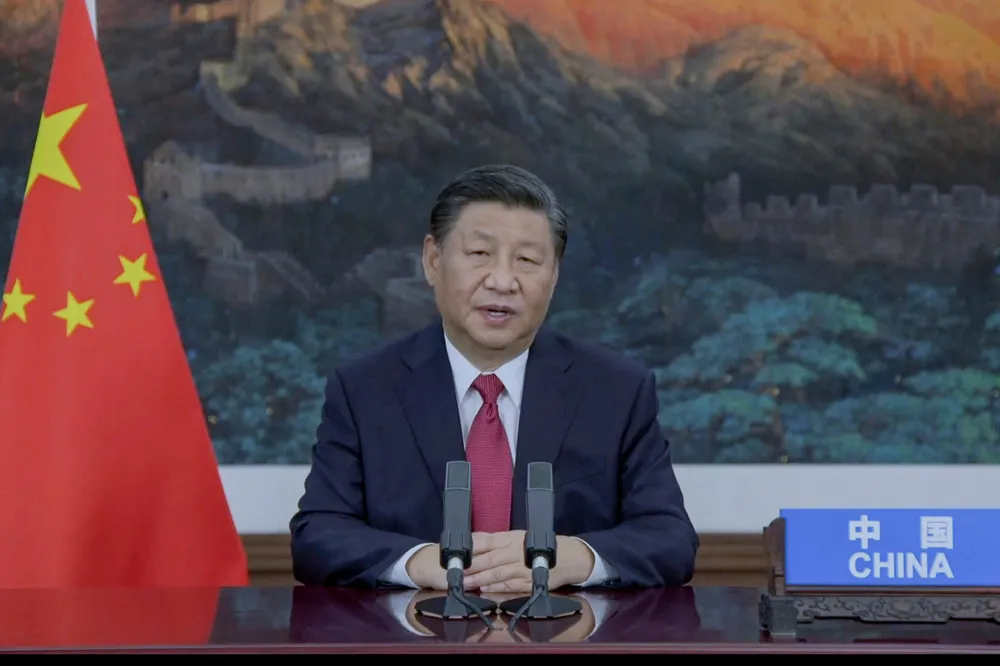China stops financing overseas coal-fired power projects
President Xi Jinping says China will instead help develop green and low-carbon energy abroad to lower global emissions

President Xi Jinping says China will instead help develop green and low-carbon energy abroad to lower global emissions
